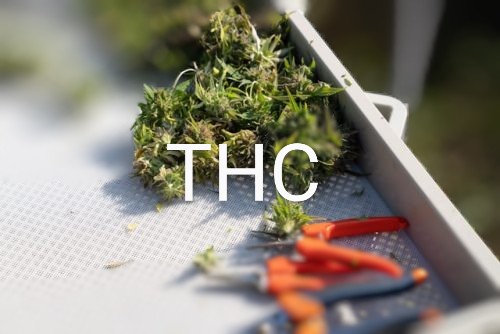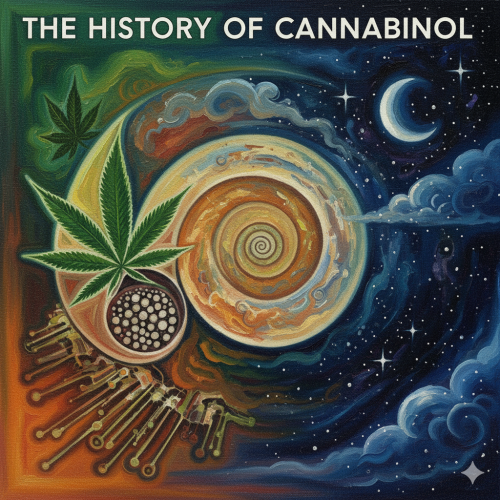Tetrahydrocannabinol, commonly known as THC, is the primary psychoactive compound found in cannabis plants. Its discovery dates back to the 1960s when Dr. Raphael Mechoulam, an Israeli chemist, identified and synthesized it, paving the way for modern cannabis research. THC is one of over 100 cannabinoids in cannabis but stands out due to its potent psychoactive effects.
Origins and Historical Use
Cannabis has been used for thousands of years for its medicinal and recreational properties. Ancient civilizations in China, India, and the Middle East utilized cannabis for various purposes, including pain relief, spiritual rituals, and as an appetite stimulant. The historical context of THC’s use underscores its longstanding significance in human culture and medicine.
Medical Possibilities and Recreational Use
In recent decades, the medical community has recognized THC’s therapeutic potential. It is now sometimes used as a form of treatment for a range of conditions such as chronic pain, nausea associated with chemotherapy, and specific tissue stiffening diseases. THC works by interacting with the body’s endocannabinoid system, which helps regulate mood, pain, and appetite. For more detailed information on its medical benefits, you can visit Harvard Health.
♦ Interested in high-quality edibles and merchandise? Check out the FGE shop and FGE Etsy Store ♦
THC is also widely used for recreational purposes due to its psychoactive effects, which can induce feelings of euphoria, relaxation, and altered sensory perception. This has made cannabis a popular substance in many cultures, despite legal restrictions in numerous countries.
Controversies and Legal Status
The use of THC is fraught with controversy. While some countries and states have moved towards legalization and regulation, others maintain strict prohibitions due to concerns about addiction, mental health issues, and impaired driving. Opponents of legalization argue that THC can lead to substance abuse and negatively impact cognitive function, especially in adolescents. Studies on these effects are ongoing, with varying conclusions about the risks involved.
Proponents of legalization, however, argue that regulated markets can reduce crime, ensure product safety, and generate significant tax revenue. They also point to the medical benefits and advocate for the rights of individuals to use cannabis for personal enjoyment. The evolving legal landscape can be followed on websites such as the Drug Policy Alliance.
Current Trends and Future Directions
As more regions move towards legalizing cannabis, the market for THC-containing products continues to grow. Innovations include edibles, tinctures, and vaping products, catering to a diverse consumer base. Research into THC and its effects is also expanding, with scientists exploring its potential to treat conditions such as PTSD and epilepsy.
For those interested in the latest developments and ongoing research, resources like the National Institute on Drug Abuse provide up-to-date information.
In conclusion, THC is a complex and multifaceted compound with a rich history and a significant impact on modern medicine and society. Its use, both medicinal and recreational, continues to spark debate, reflecting broader discussions about drug policy, public health, and personal freedom. As research progresses and societal attitudes evolve, the story of THC is likely to develop in intriguing and unforeseen ways.




